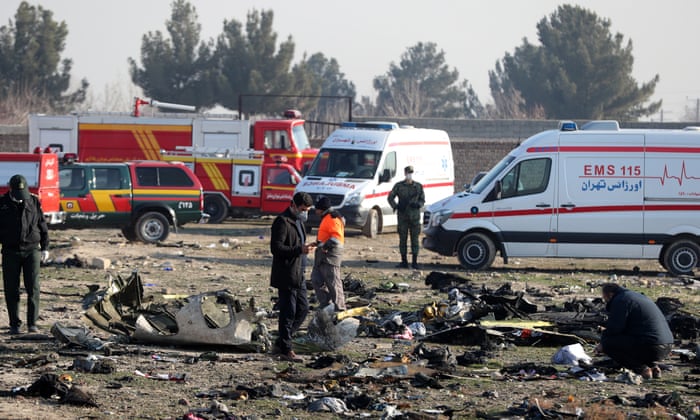Canada in Danger of Dissolving?
"This is one of the few polls that I just looked at -- and I've been doing this for 30 years, so I did polling around the Oka Crisis -- I was astonished when I saw some of these numbers, but I'm not surprised."
"People are truly frustrated with the inability of their leadership to come together and recognize that human beings are being affected by their decisions and that they're not simply voters."
John Wright, pollster, DART
"A lot of the blame has been centred on the prime minister and the Liberal government."
"There was some form of void. The government left the impression -- at least many people came to the conclusion -- that there was no one really in charge of the situation [of rail blockades]."
Daniel Beland, director, McGill Institute for the Study of Canada
"Canada is not broken. Canada's institutions are broken."
"In 1867 [year of Confederation], the concern was to protect Canada against democracy, not to protect regional interests."
"Until we have an institution that can speak on behalf of the regions, we are going to have a problem."
Donald Savoie, Canada Research Chair, Public Administration and Governance, University of Moncton

A nation united? Appears not; more accurately, a nation acutely polarized. The West -- blessed by natural resources which resulted in wealth, has enabled, through tax transfers via the federal government to dole out 'equalization' payments to the 'have-not' provinces to ensure that all Canadians regardless of where they live are equally endowed in social services -- has been left by the central government in Ottawa to flounder. Its resource sector, the source of much of Canada's wealth, has been hit by the Liberal government's commitment to its environmentalist backers.
| Demonstrators in London blocked several intersections as they made their way toward RCMP offices on Dufferin Avenue. (Sofia Rodriguez) |
A government which has done all it possibly can to place roadblocks in the way of investment and development of petroleum resources, causing tens of thousands of job losses, and the firesale of Canadian energy at steeply reduced rates exported abroad, for lack of pipeline delivery stymied time and again through legislation and the courts doing the bidding of the Liberal government of Justin Trudeau. A prime minister whose agenda is reconciliation with Canada's First Nations and meeting environmentalists' demands of shutting down the conventional fossil fuel energy sector.
Both coming together in a sudden and stunning shutdown of Canada's national rail system, both freight and passenger, through sometimes violent, and always illegal blockades launched by five Wet'suwet'en ancestral chiefs, defying the agreement of 20 Wet'suwet'en elected chiefs and the majority of the Wet'suwet'en who signed an agreement of cooperation meant to result in employment and profit through the operation of the northern B.C. Coastal GasLink project.
The transport of critical perishables, production parts, chemicals and heating products across Canada has been halted. This, at a time when Canada is preparing for a possible epidemic of COVID-19, the novel coronavirus that has devastated China, and has emerged as an epidemic in South Korea, Japan, Iran and Italy, and now infects people in over 50 countries globally, and growing. The poll results indicating that a majority of Canadians now feel strongly that the country is not being governed well, is indisputable.
While the country's prime minister was jetting abroad in Africa to drum up support for his legacy project of having Canada elected to a two-year stint on the United Nations Security Council, Aboriginal and environmentalists' protests have virtually shut down cross-country transit. Shipped goods have been piling up on docks awaiting transfer to rail for distribution throughout the country. For two weeks and counting the government urged patience and failed to see that the law went into action to shut down the illegal and dangerous blockades of rail across the nation.
| Hundreds of Londoners joined an Indigenous-led demonstration in solidarity with opponents to a pipeline in Wet'suwet'en territory in northern B.C. The demonstrators marched toward RCMP offices in downtown London to show their opposition to the arrests of protesters. (Sofia Rodriguez/CBC) |
Now that Justin Trudeau has finally declared that Canada has waited long enough for protest leaders to agree to discussing the issues with government leaders, giving clearance to federal, provincial and municipal police to act, and a few of the blockades have been shut down, others spring up in their place, with 'activists' lighting tires on fire on rail tracks, and setting up blockades that engines narrowly miss hitting. Some activists have taken to standing on tracks, moving out of the way at the last moment.
A full 62 percent of those polled feel Justin Trudeau's promise to Canada's Indigenous people has failed on delivery. Two-thirds of respondents are not averse to supporting one-time payments to Indigenous Canadians for immediate acquisition of "food, clean water and housing" for the "necessities of life", which in actual fact, does go out regularly to Indian reserves throughout the country for those very purposes, and more.
What the agreement that the Wet'suwet'en elected chiefs signed with the Coastal GasLink project would have done was provide dignity through employment, and independence through the share of gasline profits. The current situation has led to another project, in Alberta, for a giant mine investment by Teck Resources, a Canadian firm prepared to invest $20 billion and having reached similar sharing agreement with Aboriginals, being cancelled in view of the ongoing roadblocks, including a decision whether to approve the project expected in days from the Trudeau government.
Over 80 percent of Canadians believe politicians have a greater care for their partisan interests than to do the work they were elected for on behalf of all Canadians. This feeling is supported at 90 percent in Alberta. The federal government under Justin Trudeau and his Liberals has alienated Canada's Western provinces, leaving the country worryingly polarized and increasingly leaderless, while a small minority of Canadian 'activists' and unwanted visitors from the U.S. work to shut Canada down.
 |
| Protesters in support of the Wet'suwet'en hereditary chiefs stand near the entrance to the blockade of the commuter rail line in Kahnawake Mohawk Territory, near Montreal, Thursday, Feb. 27, 2020. THE CANADIAN PRESS/Ryan Remiorz |
Labels: Aboriginals, Blockades, Canada, Crisis Management, GasLink, Poll, Trudeau
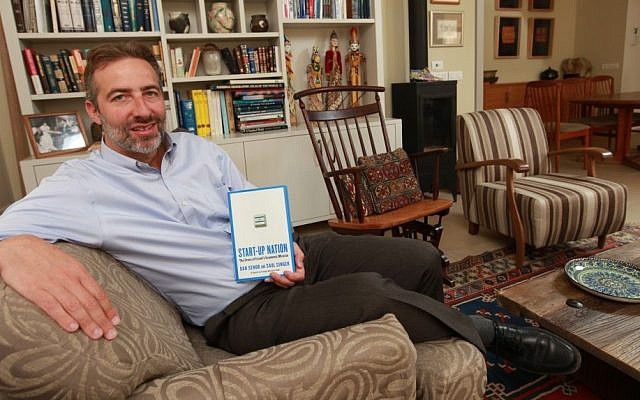

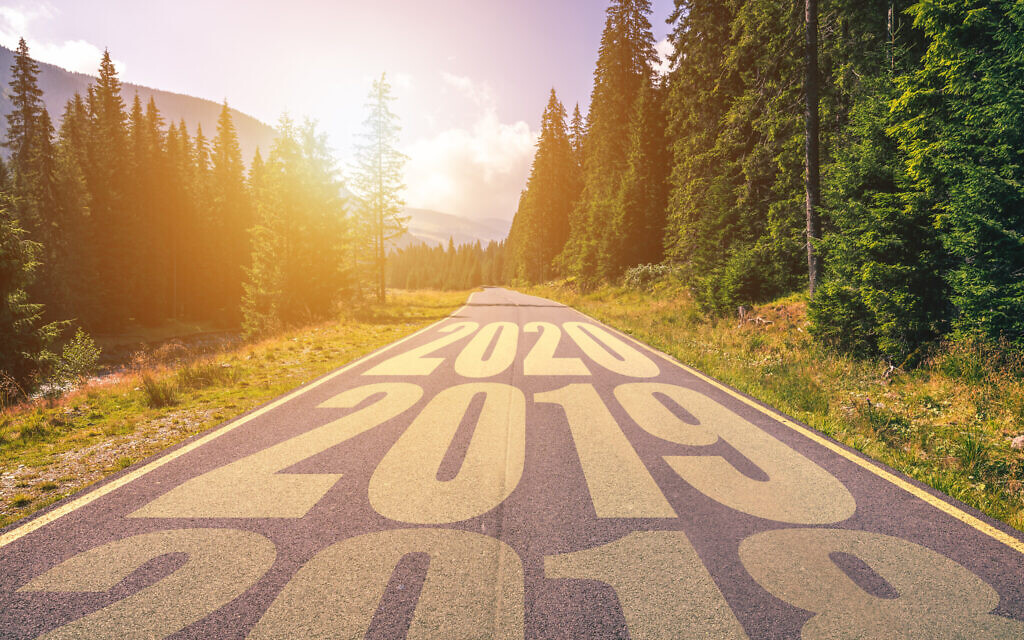







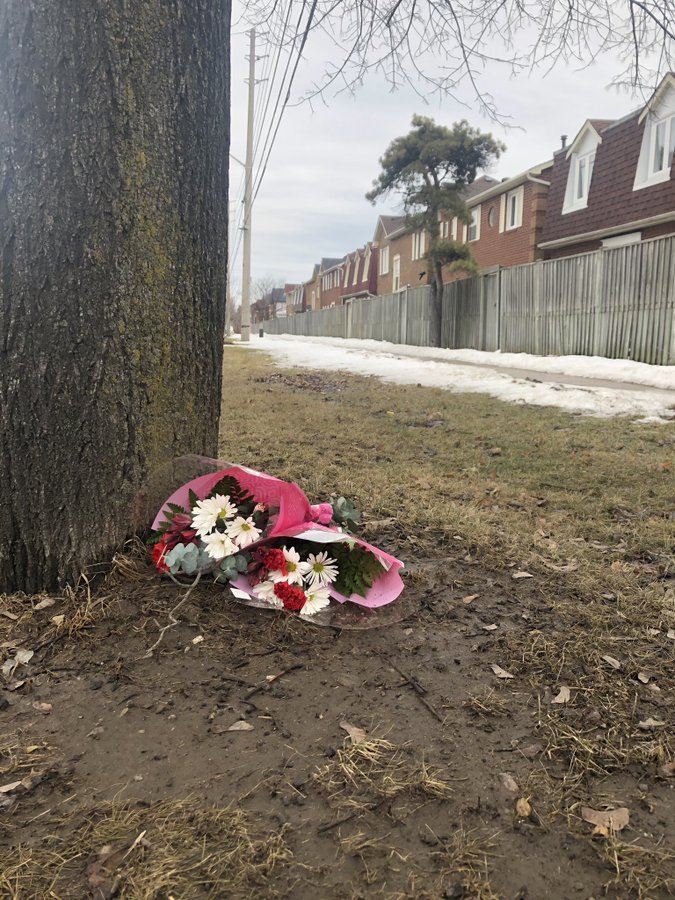


/arc-anglerfish-tgam-prod-tgam.s3.amazonaws.com/public/H4LNC74V2ZDZVK5RYEQ67JEU7A.jpg)

/arc-anglerfish-tgam-prod-tgam.s3.amazonaws.com/public/GLSOYRBSLZDSDM6W53PO7WOKMY.jpg)

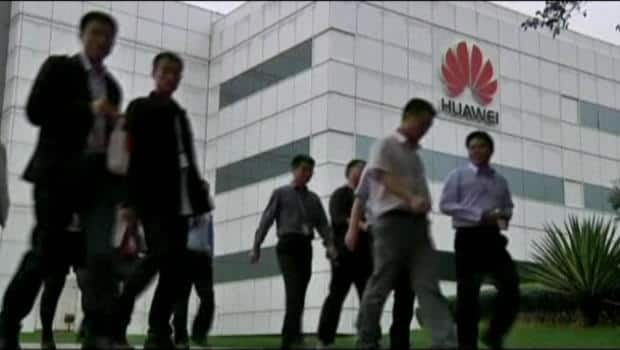




/arc-anglerfish-tgam-prod-tgam.s3.amazonaws.com/public/C2EDGBRCCNA2ZK3Z4CRHP6XBFY.jpg)
/arc-anglerfish-tgam-prod-tgam.s3.amazonaws.com/public/MBAW2SFY6VAFRNS6F2VL5JXVPY.JPG)
